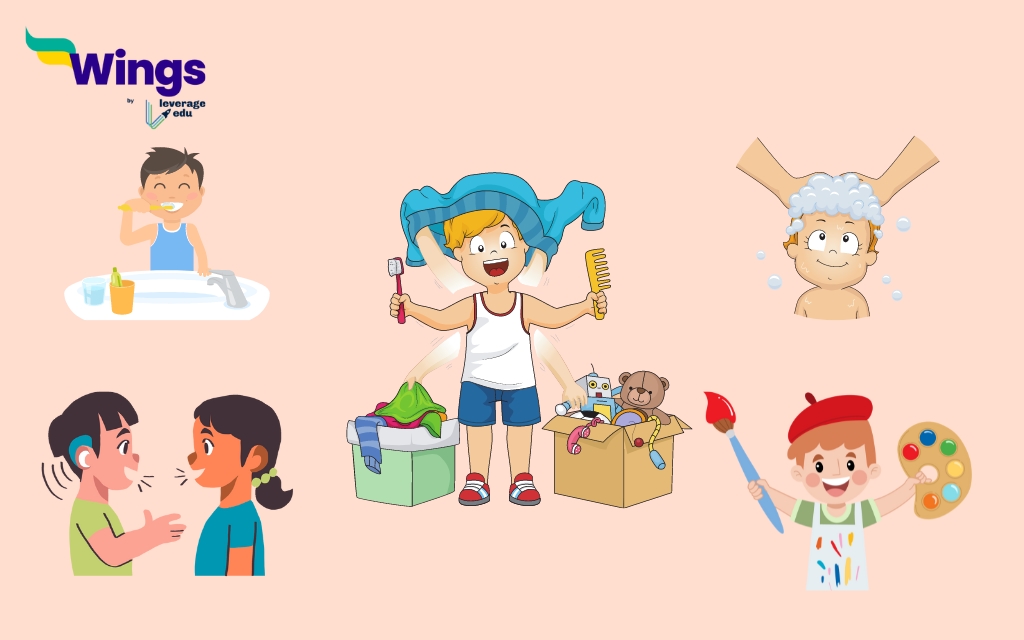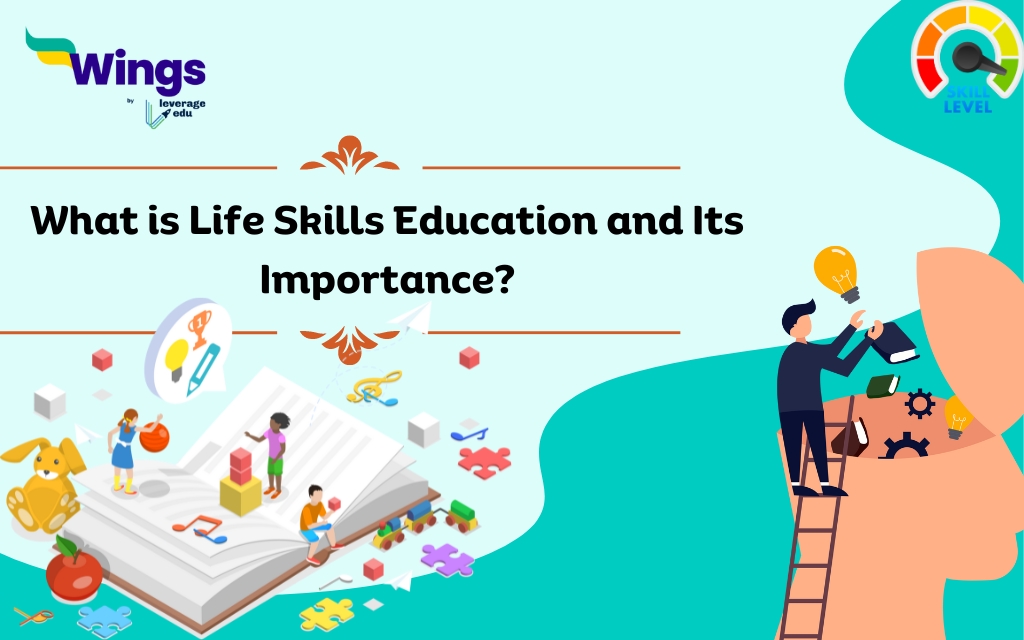Considering the ever-changing dynamics of our environment, teaching life skills education to students at an early age is the need of the hour. This helps them adapt accordingly while learning and overcoming the plethora of challenges. The last few years have significantly impacted our social, personal, educational, and other sectors of society. Luckily, learning life skills can help students deal with anxiety and frustration while working with flexibility.
What are Life Skills?
Understanding life skills can be pretty confusing so, let’s break it down in simple words. Every person needs a specific set of social features and capabilities that will help them interact with themselves, others, and the world around them. Similarly, tasks like making a decision and finding solutions require high ability.
Life skills is a broad umbrella term that houses numerous abilities and behaviors that help us navigate the obstacles of our daily lives. They include everything from emotional and social skills to personal skills that aid us in adapting and learning.
Also Read: Learning Skills For Students
What is Life Skills Education?
Life skills education refers to a specific type of education in which students learn how to deal with daily frustrations and organize activities related to their lives. It trains learners how to make sound decisions using their knowledge, skills, and intelligence, especially during odd times. Moreover, life skills education is beneficial for individuals of all ages. It can be integrated into school curriculums as well as offered during training and workshops in corporate offices.
According to UNICEF, Life Skills address three areas including knowledge, attitude, and skills. Together, these areas, empower an individual to make sound choices, deal with difficult situations, and lead fulfilling lives. For instance, imagine a young teenager balancing calmly between his personal and professional life, looking after their finances, and using communication skills to build meaningful relationships. Isn’t it all amazing?
Importance of Life Skills Education
Adolescence is an important time of our lives when our physical, social, and emotional capabilities start to become stronger than ever. However, many teenagers are unable to make the most out of these capabilities and reach their full potential.
- Life Skills are widely recognized as one of the most effective ways of promoting the social and mental health of adolescents.
- They help in developing the overall personality of children.
- They can help in developing and strengthening management techniques, and coping strategies, and boost critical thinking.
- It can help students become better citizens and face challenges with confidence.
- It can also help students realize the results of their actions and hold them accountable for them.
- Life skills education can also help students find new ways to solve complex problems with ease.
- It can also help them maintain healthy relationships.

Also Read: Soft Skills
Life Skills Education Activities
When it comes to the teaching part, there are a bunch of exciting and informative life skills education activities. This not only makes it easier for students to understand what is being taught but also makes learning a fun time. Let’s review the different activities.
- Classroom discussion: Classroom discussions allow students to learn from one another and impart their knowledge.
- Role plays: It allows students to actively participate and see something from an entirely different perspective.
- Quiz competitions: Dividing students into smaller groups and engaging them in quizzes can be an ideal way to improve their concentration.
- Money management: Teaching students how to manage their finances by simply spending on the right things can make them feel independent, confident, and responsible.
What are the Types of Life Skills?
Two types of life skills are widely taught in schools to students across the globe. It includes:
General skills
- Self-awareness skills
- Confidence skills
- Decision-making skills
- Critical thinking
- High-level skills
- Positive behavior
- Adjustment skills
High-level skills
- Communication
- Mental and physical relaxation
- Social support
- Positive thinking
- Health and hygiene
- Problem-solving skills
Also Read: World Mental Health Day Quiz 2023 – Attempt These Fun Questions!
Apart from this, UNICEF, UNESCO, and WHO laid ten core Life Skills which include:
- Self-awareness
- Effective communication
- Critical thinking
- interpersonal relationships
- Creative thinking
- Empathy
- Decision-making skills
- Coping with stress
- Problem-solving
- Coping with emotions
Relevant Blogs
FAQs
The three main types of life skills include thinking skills (creative thinking, critical thinking, decision making, etc), personal skills (self-awareness, self-management, etc), and interpersonal skills (cooperation, communication, etc).
There are numerous ways through which you can develop life skills in students. Some of the most common measures include promoting self-awareness, critical thinking, encouraging active learning, including life skills in their school curriculum, and so on.
To navigate through the hurdles of life with courage and determination, individuals must possess a few essential life skills. This includes good communication, confidence, empathy, adaptability, creativity, critical thinking, problem-solving, and so on.
Hope you enjoyed reading about what is Life Skills education. For more information about such informative articles, check the trending events page of Leverage Edu.


 One app for all your study abroad needs
One app for all your study abroad needs












 60,000+ students trusted us with their dreams. Take the first step today!
60,000+ students trusted us with their dreams. Take the first step today!